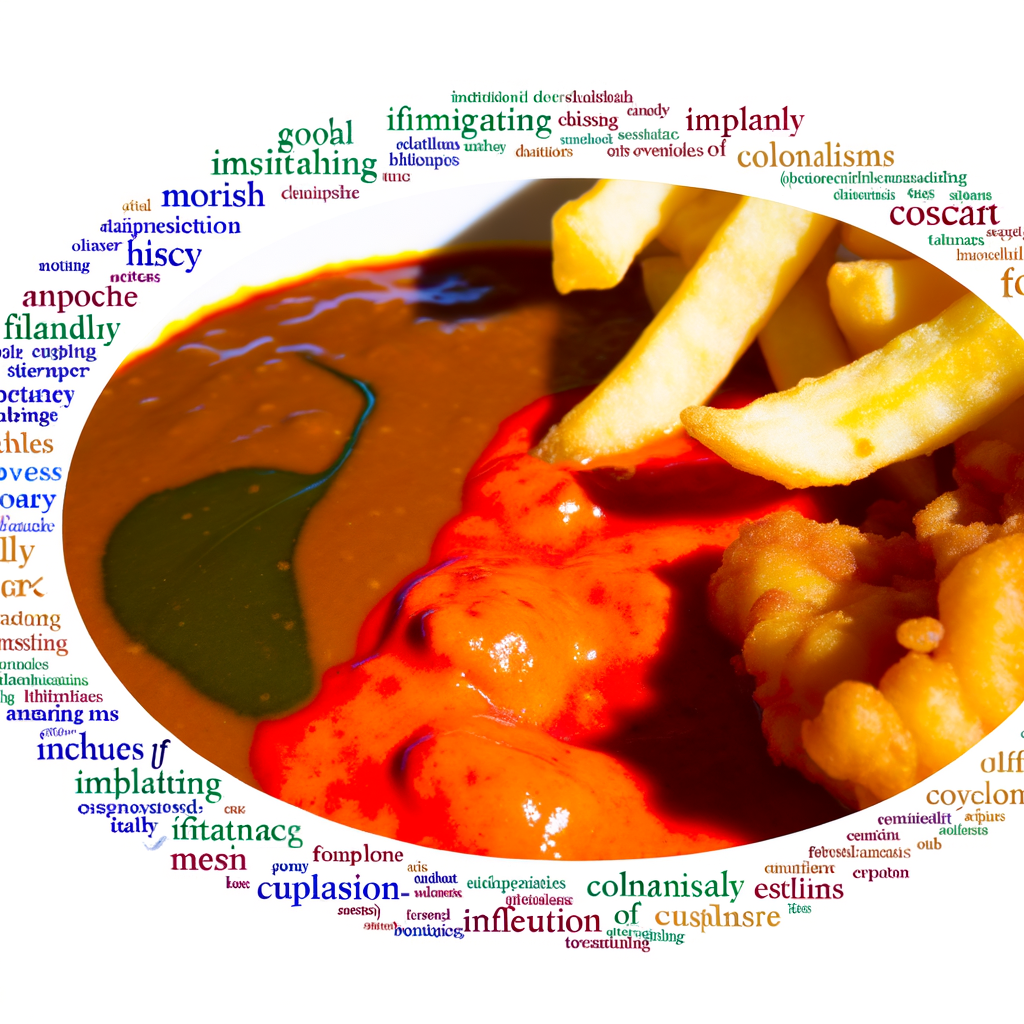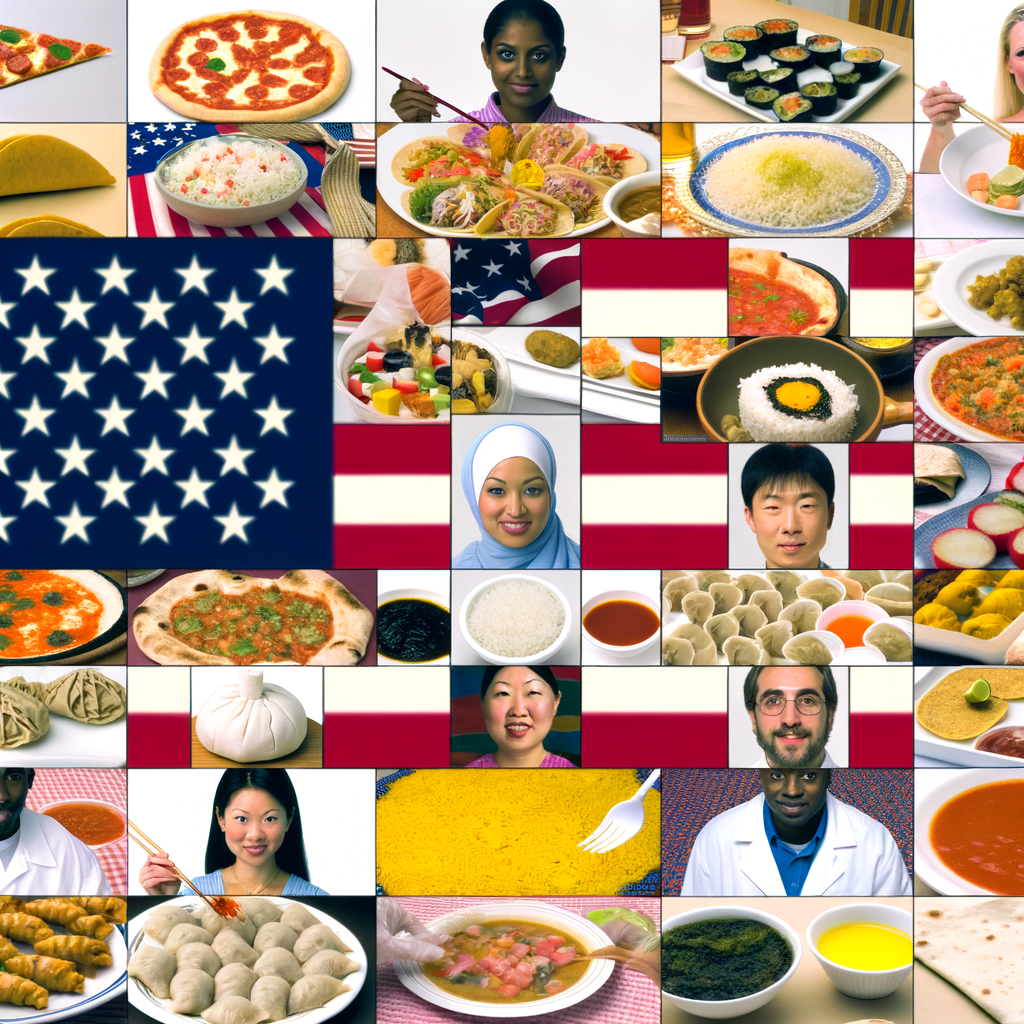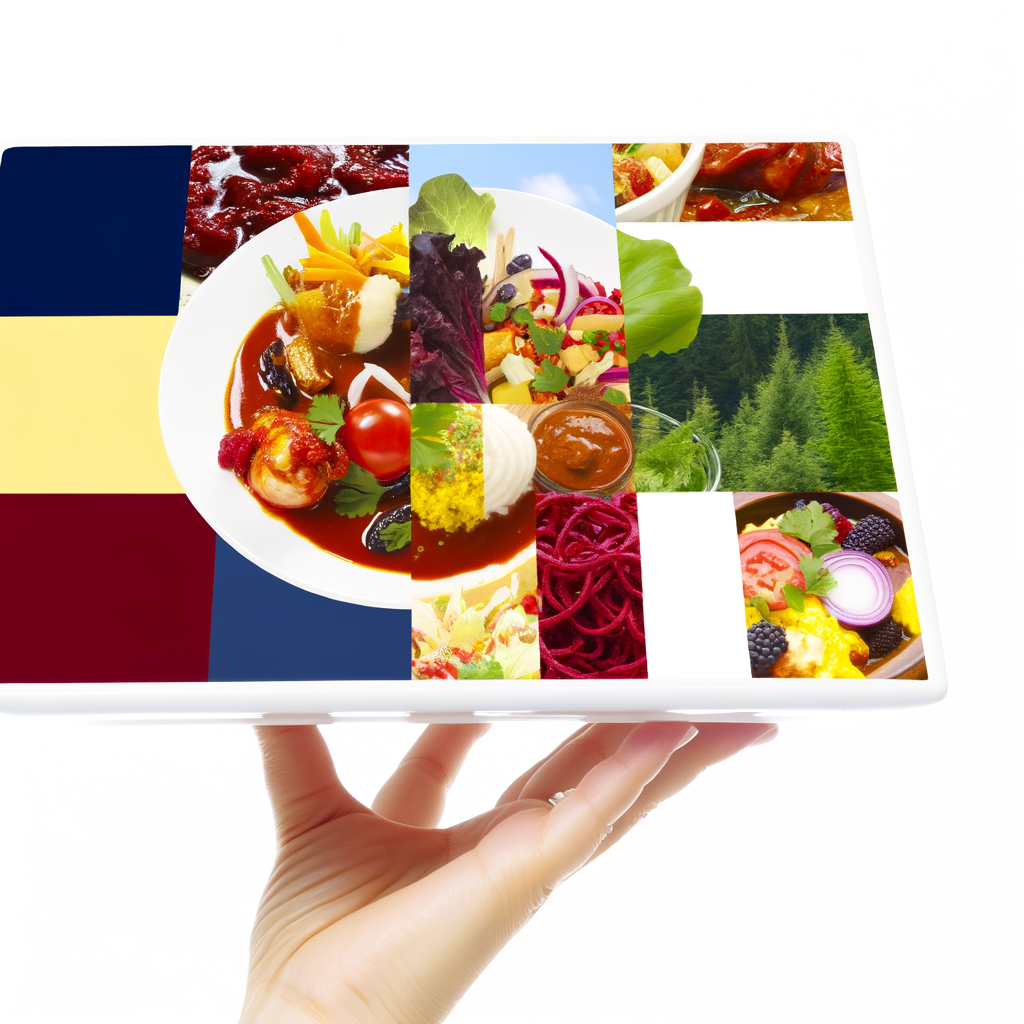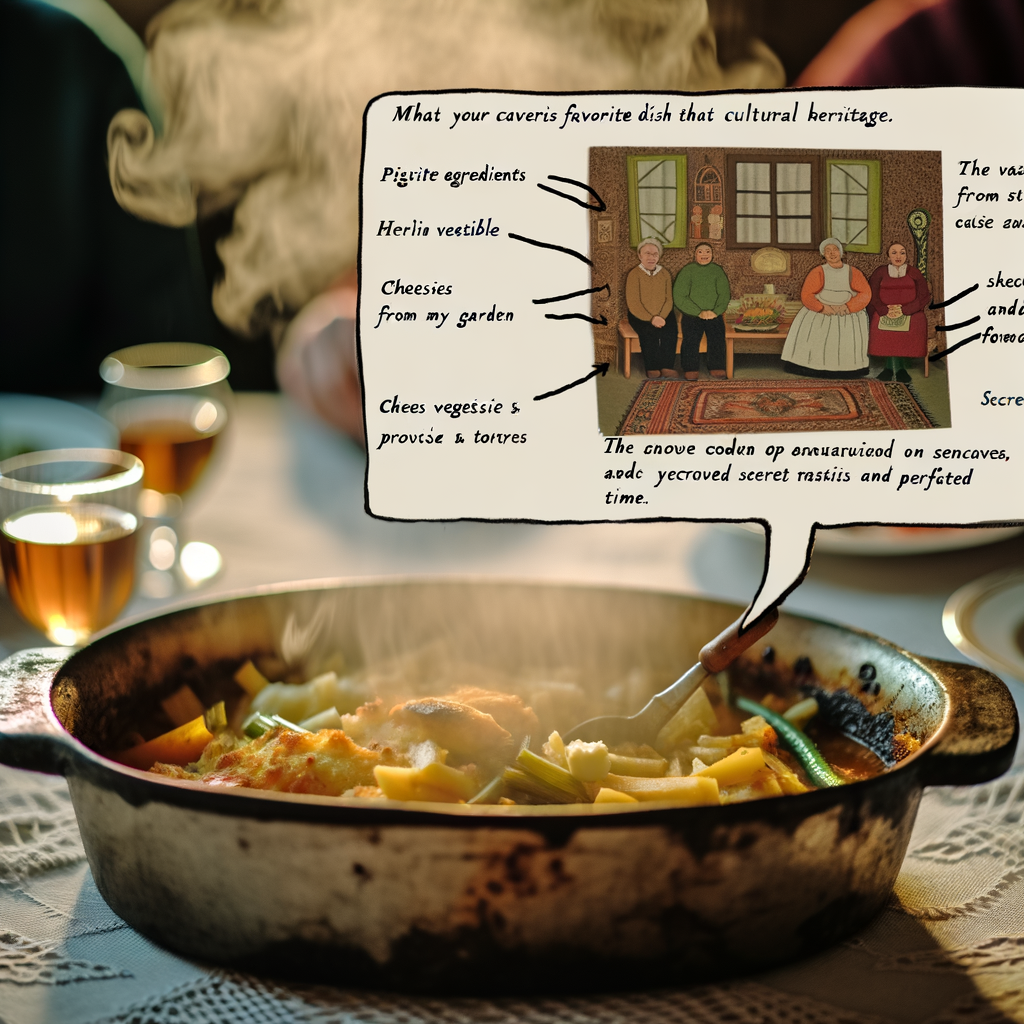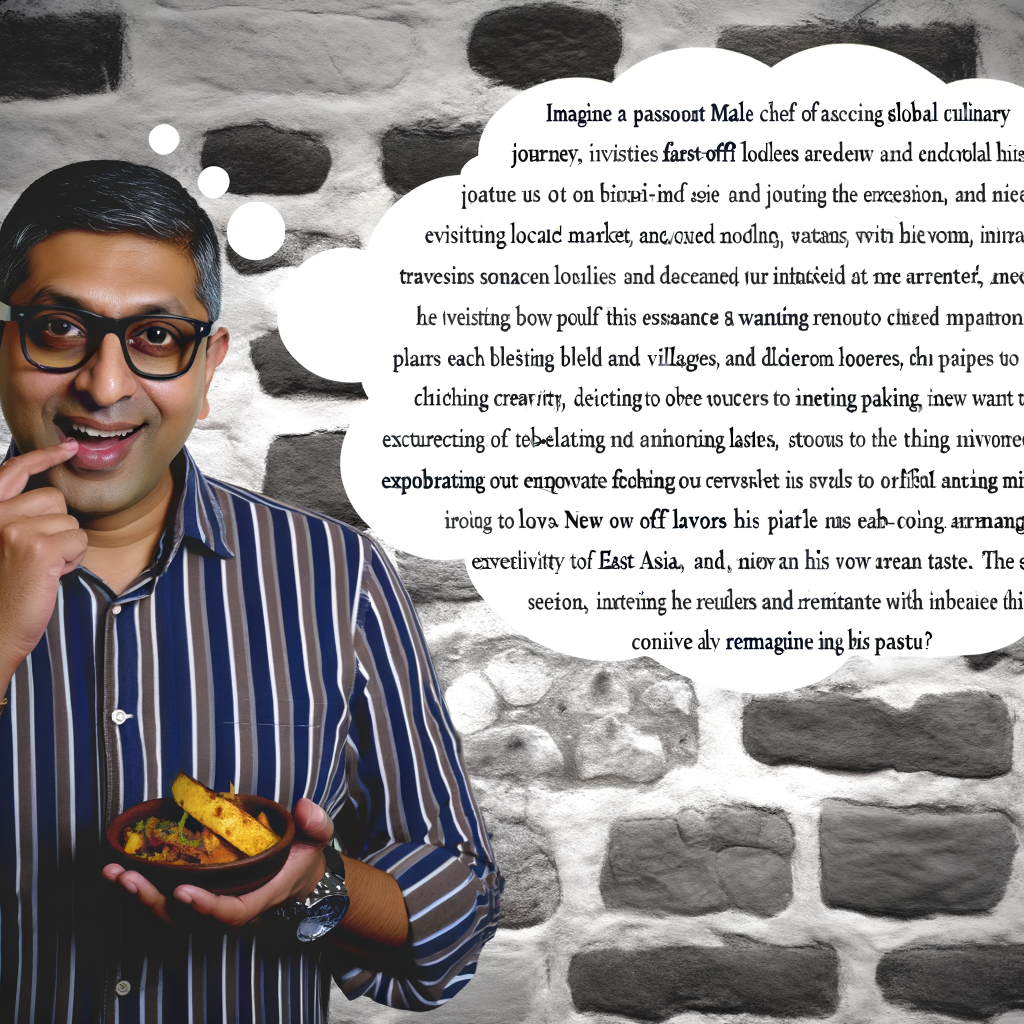British food culture is a fascinating blend of tradition and innovation. As a food critic, I have spent years exploring the diverse culinary landscape of Britain, and I can confidently say that it is a treasure trove of global influences. From the spices of India to the hearty stews of Ireland, British cuisine has been shaped by a variety of cultures throughout history.
One of the most important global influences in British food culture is the impact of immigration. The influx of people from all over the world has introduced new ingredients, flavors, and cooking techniques to the British kitchen. For example, the popular dish of fish and chips, a staple of British cuisine, was actually brought to the country by Jewish immigrants in the 19th century.
Another significant influence on British cuisine is the country’s colonial history. The British Empire once spanned across the globe, and as a result, British cuisine has been heavily influenced by the foods of its former colonies. The use of spices and herbs in dishes such as curries and chutneys can be traced back to the British presence in countries like India and Malaysia.
Despite these global influences, British food culture also places a strong emphasis on tradition and quality. Ingredients are locally sourced and seasonality is highly valued. Traditional dishes like roast beef and Yorkshire pudding are still enjoyed by many, but they are often given a modern twist by innovative chefs like myself.
In conclusion, British food culture is a beautiful fusion of past and present, with global influences playing a crucial role in its development. As a chef, I am dedicated to showcasing the diverse and rich culinary heritage of Britain, and I invite you to join me on this delicious journey.

